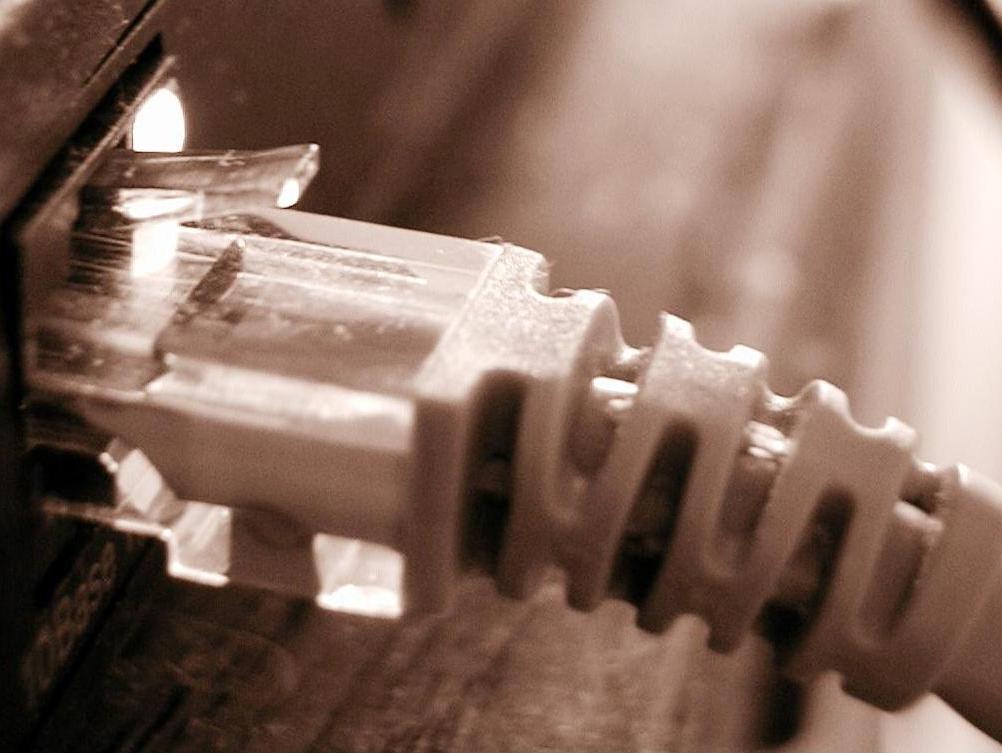Why IPTV needs a much stronger vision
An industry that needs a bit of direction

The world of IPTV is an incredibly exciting place at the moment, with major players like the BBC bringing Project Canvas to the table, and a whole host of major players discussing how the television screen should be as connected as your mobile phone or computer.
And yet, throughout this week's IPTV World Forum there was a startling lack of coherence, with the only message coming through loud and clear is that SOMETHING needs to be done to make sure that things are unified.
In fact, despite two keynotes from the BBC, one about its iPlayer and a second about Project Canvas, the clearest vision of the future came from the masters of presentation - BSkyB - who may well choose to live in a walled garden, but will make damn sure that the flowers are well-tended and that the fountain is an impressive sight.
A near-future home
Sky's illustration of how it sees its service will be evolving through the use of internet connection was as glossy as you would expect from a company that made the Premiership the world's favourite football league.
And yet it also brought with it a clarity that seems to be lacking from many of those hoping to make UK IPTV their market.
In truth, until the BBC Trust has combed through the Project Canvas documentation with a fine-tooth comb it is impossible to say just how far reaching the BBC's vision of the IP future is.
Sign up for breaking news, reviews, opinion, top tech deals, and more.
Both Director of IPTV Richard Halton and Controller of Platforms Rahul Chakkara did their best to demystify the IPTV project that could be the next Freeview/Freesat, but the questions being asked of the former were still being addressed to the latter a day later.
A blank canvas?
From the talks, TechRadar's assumptions are that Project Canvas is a set of standards for both the manufacturers who make set-top boxes and those that wish to put their programs and channels on the service, allied with a major marketing campaign.
What Canvas is NOT is the final brand (FreeNet - anyone?), it isn't going to be a platform – in that the boxes will not be made by the BBC – and it will almost certainly allow pay TV channels, raising the very real likelihood that Sky will sell its premium channels to a widely available terrestrial service.
The lack of an obvious vision is not limited to the UK companies either. Of the tens of companies represented, finding a common thread was nigh-on impossible.
IPTV is obviously still in its infancy despite its potential, but unless the industry can find a leader from somewhere then it will become even more schismatic in the critical coming months.
In the meantime, all eyes will be on Project Canvas and Sky's connected home – both of which, even despite the lack of public plans, surely have the potential to finally bring a connected media experience to the mass market.

Patrick Goss is the ex-Editor in Chief of TechRadar. Patrick was a passionate and experienced journalist, and he has been lucky enough to work on some of the finest online properties on the planet, building audiences everywhere and establishing himself at the forefront of digital content. After a long stint as the boss at TechRadar, Patrick has now moved on to a role with Apple, where he is the Managing Editor for the App Store in the UK.